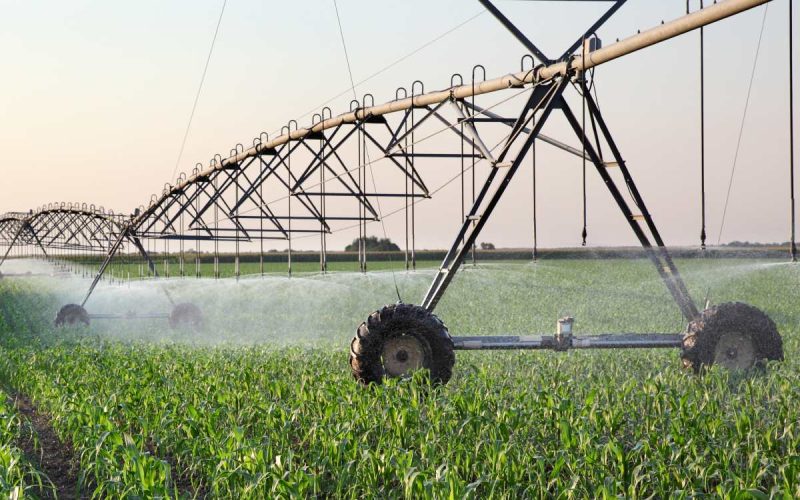In the face of increasing water scarcity, adopting efficient water conservation practices in agriculture is more important than ever. If you’re in the agriculture sphere, you know that managing water resources supports crop growth and environmental sustainability.
Continue reading these practical tips for water conservation in agriculture.
1. Implementing Drip Irrigation Systems
Drip irrigation systems are game-changers for water conservation. Drip systems deliver water directly to the plant roots through a network of pipes and emitters.
This method reduces water waste by minimizing evaporation and runoff. By investing in a drip irrigation system, farmers conserve water and improve crop yields.
2. Using Rainwater Harvesting Techniques
Collecting rainwater is another effective tip for water conservation in agriculture. Rainwater harvesting involves collecting and storing rainwater from roofs or other surfaces for future use.
This technique can be particularly beneficial during dry seasons with limited water resources. By implementing rainwater harvesting systems, farmers can reduce their reliance on local water supplies and have a reliable water source for irrigation.
Simple structures, such as barrels, or more complex systems with underground tanks can suit the needs of countless farms.
3. Adopting Soil Moisture Monitoring Technology
The use of soil moisture monitoring technology is transforming the way farmers manage irrigation. By measuring the moisture content in the soil, farmers can make informed decisions about when to water their crops and how much they need.
This approach prevents over-irrigation and conserves water by giving plants only what they need. Soil moisture sensors can provide real-time data that helps farmers optimize irrigation schedules.
Additionally, drones can reduce water usage in farming and identify moisture levels with their advanced imaging technology. This conserves water and enhances crop health and yields by preventing waterlogging and nutrient leaching.
4. Rotating Crops and Planting Drought-Resistant Varieties
Crop rotation and the cultivation of drought-resistant varieties are traditional yet effective water conservation practices. Rotating crops maintains soil structure and fertility, reducing the need for excessive irrigation.
It also disrupts pest cycles and promotes healthy crop growth. Additionally, planting drought-resistant crop varieties that withstand dry conditions can significantly lower a farm’s water usage.
Contributing to a Sustainable Future
Water conservation in agriculture is an environmental imperative and a strategic move that ensures the sustainability and profitability of your farming operations. These practices conserve precious water resources and enhance crop productivity and resilience.
Make water conservation a priority on your farm, and contribute to a more sustainable future for agriculture!

